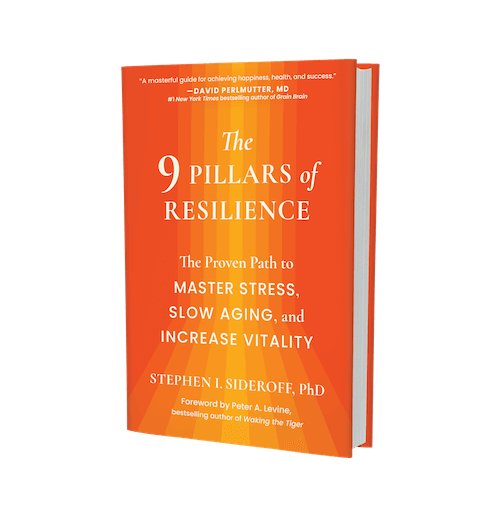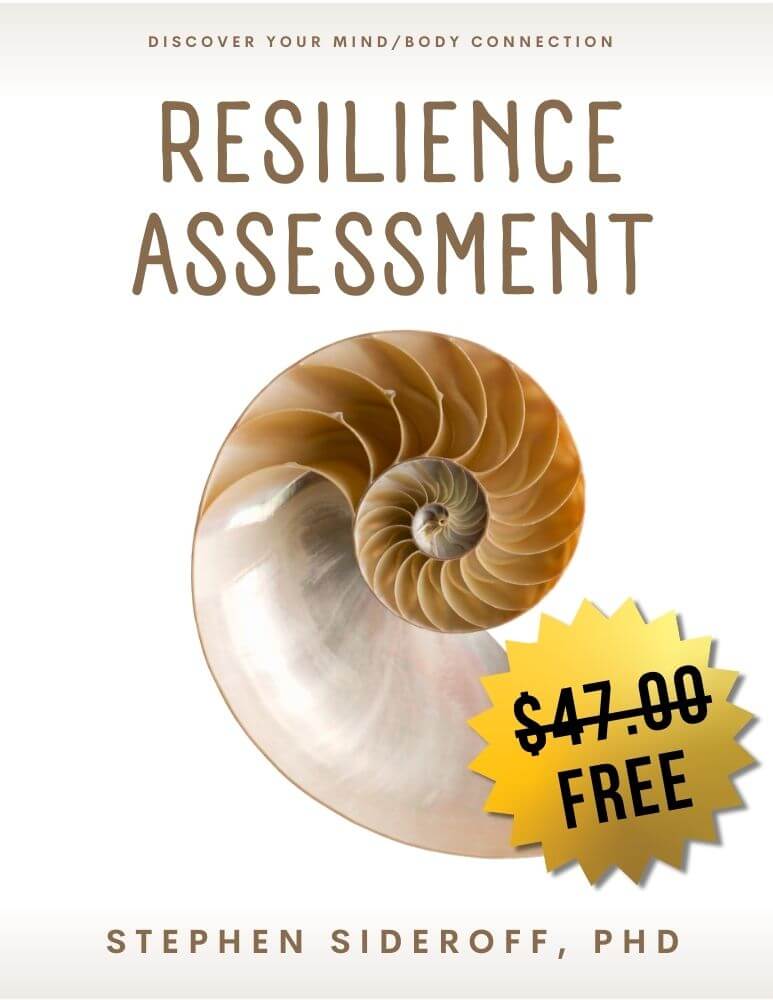Most approach the holidays with mixed feelings of expectations and concerns, even worry. If “Tis the season to be jolly” isn’t always the way you feel during the holiday season, you’re not alone. For many, the holidays bring the holiday blues, or just plain stress. Stress comes from unrealistic expectations, too many gifts to buy in too short a time, crowded stores, family conflicts, financial worries, fears or sadness about being alone; even the weather – rainy, cloudy, cold days that turn dark too early – can literally put a damper on your life. And now during the 2018 holidays, in the background, is a destabilizing government that seems to thrive on division and conflict, while not recognize social responsibility, or addressing the viability of our environment.
There will always be factors that are beyond your control, but you don’t have to be a victim of the season. With some shift in your thinking and attitude, it’s possible to let go of the blues and overcome stress. You can turn this time of year into a more pleasant and happy occasion. Below are nine keys to being more resilient during the holidays.
1. Plan ahead to feel more in control. One of the worst kinds of stress is when you don’t feel in control. To avoid this, plan ahead and be realistic with your time. Make your list of gifts and other holiday chores that need to get done. Then attack the list early: what can you get done this week; today? If you have too much to do, can you get help? If not, consider shortening your list. The more realistic you are with your expectations of yourself, the less stress you will experience. Also, when you plan ahead, your decisions are less emotionally based, and tend to be better choices.
2. Stay in balance. Make sure you include enjoyable activities in each day, not just your holiday obligations. Reward yourself when you have accomplished goals, even small ones. Consider seeing a comedy or listening to music. Do things that feel good!
3. Dress rehearsal: visualize your day ahead of time. Go through each day first in your mind’s eye. An early preview of the day allows you to discover obstacles before they occur, plan ways around them and clear paths toward greater success. Visualizing your actions also gives you greater confidence about doing them correctly.
4. Make sure it’s your agenda. The holidays are often filled with perceived obligations. Make conscious decisions about those obligations. Make sure they are your choices, not someone else’s. Could you send fewer holiday cards, visit relatives on a different day, or agree with friends to go out to dinner or do “pot-luck” rather than doing all the cooking?
5. Mindfulness and adjusting your perspective. Mindfulness is about being in the moment in a place of acceptance. Perspective is the way you look at a situation; perspective determines which part you make important – and are aware of – and which part becomes insignificant, small or superfluous. Be mindful of what you are paying attention to and realize that you have a choice. If the main thing we focus on is pleasant, then we will probably feel good. On the other hand, if we focus on what is negative in the situation, we will more likely feel annoyed and upset. In fact, research now shows us that an ongoing focus on the negative actually sensitizes our brain to experience life more negatively. Conversely, a focus on the positive actually sensitizes your brain to experience life more positively. Thus, your perspective determines, to a great extent, how you will feel in a situation – happy or sad, good or bad, and how much stress you will experience. You don’t want to ignore a problem, but try spending more time focusing on the positive – in relationships and in situations.
6. Focus on relationships during the holidays. The holiday season accentuates the discomfort of being alone. Don’t wait until the last minute to call friends or make plans. Take the initiative to find those in similar circumstances, people that you know or would like to know better, get tickets for a show, or plan some other activities. Hold the intention of using this time of year to deepen your relationships with caring people.
7. Be good to yourself. It’s easy to be critical and judgmental toward yourself. Set an intention to be loving and accepting of the most important person in your life: You! This doesn’t mean giving yourself a pass on responsibilities, but when you do your best, feel good about it rather than finding what you didn’t get right or what still needed to be done. Recognize that you deserve to be happy and find healthy ways of making yourself happy. Be your own best friend.
Use this time to also prepare for a good start to 2019
8. Take the initiative to resolve emotional unfinished business.Experience the holidays as a time of renewal, getting ready for a new start for 2019. Identify and let go of old issues, anger, and resentments that you have been lugging around with you; be generous in your forgiveness. Then let yourself feel good about your expansiveness.
Take an inventory of tasks you have been putting off. Don’t let unfinished business continue and cause stress. If the task seems too big or difficult, break it down into smaller components and tackle one part at a time and ask for support where needed. Give yourself permission to let go of tasks or projects that simply will never get done.
9. Smile each day. A smile is unique. This may be the most difficult thing for some of you to do. You say you need a reason to smile? Smile, and then think of a good reason to be smiling. People are always doing crazy things during the holidays. Find the humor and smile about it. Give that harried salesperson a smile. It will reduce both of your stress levels. Hold the intention – and remind yourself every morning by writing it down on a 3×5 card – to be happy that day.
Remember, no one can make you happy more than yourself. This is one thing that’s your responsibility.
Good luck and find reasons to be happy.

